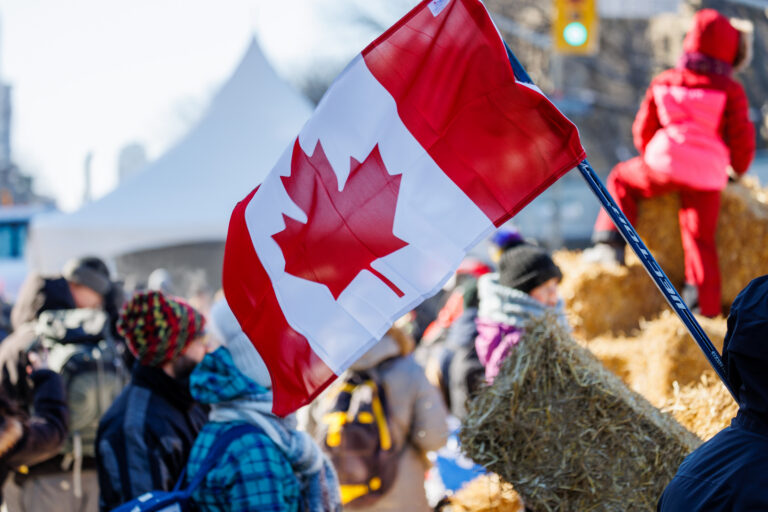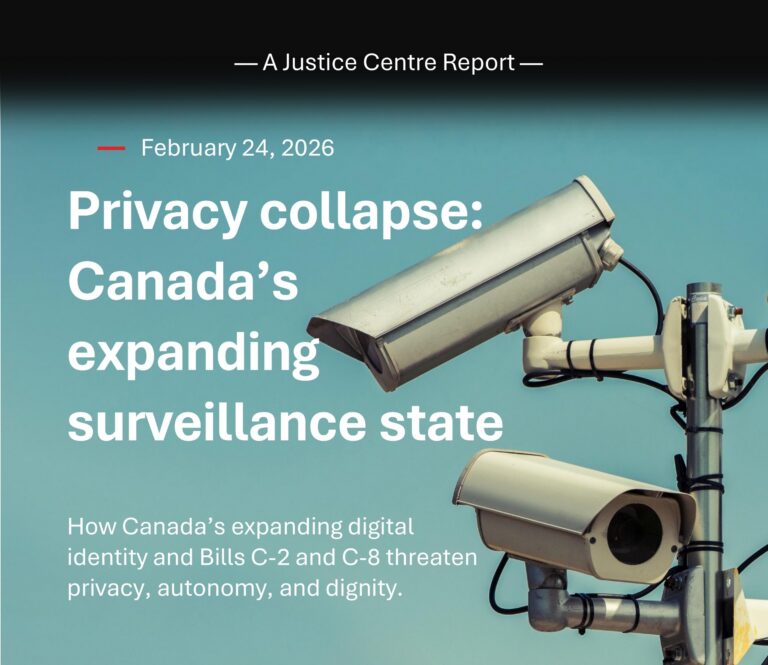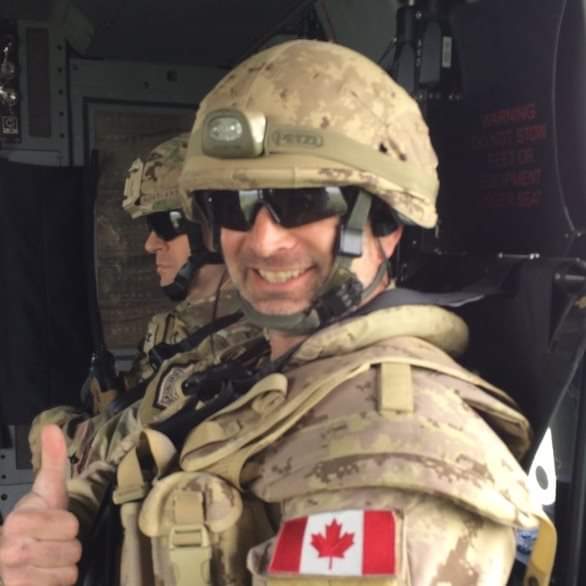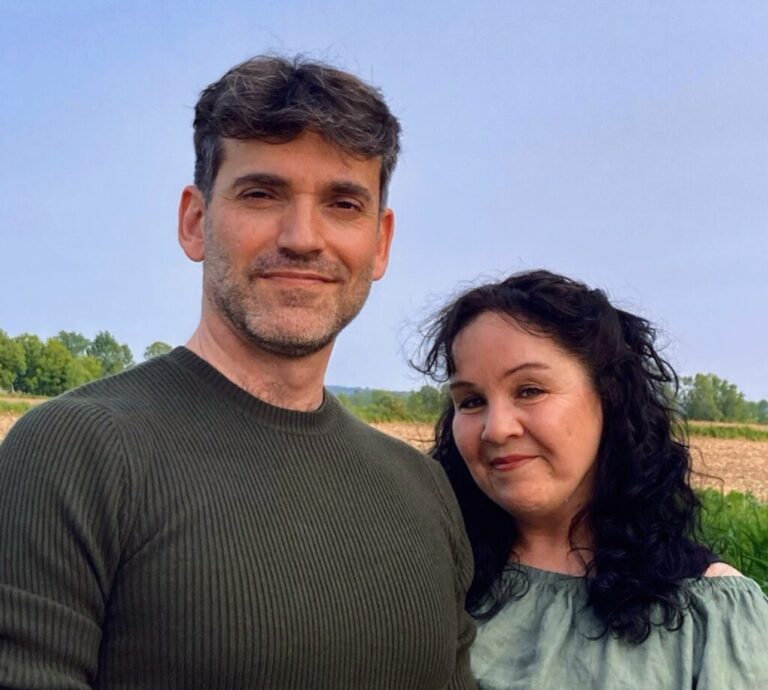During the 2017 British Columbia provincial election campaign, activist Bill Whatcott handed out over 1,000 flyers in the electoral district of Vancouver False Creek. The flyer expressed Whatcott’s opinions and “concern about the promotion and growth of homosexuality and transvestitism in British Columbia.” In his flyers, Whatcott asserted that NDP candidate Morgane Oger was a male, and argued that “[t]hose who promote falsehoods like the NDP and BC’s major media . . . do so to their eternal peril.”
Oger narrowly lost the campaign to a former Vancouver mayor.
Oger filed a human rights complaint against Whatcott, alleging that Whatcott’s flyers had exposed Oger to discrimination, hatred and contempt under section 7 of the BC Human Rights Code.
In December of 2017, the Tribunal granted the Justice Centre permission to intervene in this case, to make submissions in defence of freedom of expression under the Canadian Charter of Rights and Freedoms. The Tribunal noted that the Justice Centre “may provide useful input … with regard to the law”.
The Justice Centre will be providing oral and written submissions concerning the interpretation and application of the freedom of expression, guaranteed under section 2(b) of the Charter, in the Tribunal’s adjudication of the complaint. In particular, the Justice Centre’s submissions will focus on the critical importance of freedom of expression to the democratic discourse, especially during elections. In this context, censoring expression of honest beliefs and views made during an election campaign is highly inappropriate. The purpose of election campaigns is to sift false allegations from true allegations, poor character from good character, and bad policies from good policies. To achieve this, citizens must not be prevented from expressing their beliefs and to criticize candidates openly and publicly.
“Political expression is the lifeblood of democracy, and cannot be limited, especially not during elections,” explains lawyer and Justice Centre president John Carpay. “Whether particular claims and assertions are correct or not should be decided by citizens themselves, not by government deciding on everyone’s behalf,” continued Carpay.
Justice Centre defends freedom of expression in Oger v. Whatcott BC Human Rights hearing
- December 11, 2018
Share this:

Justice Centre defends freedom of expression in Oger v. Whatcott BC Human Rights hearing
- December 11, 2018

Share this:
Share this:
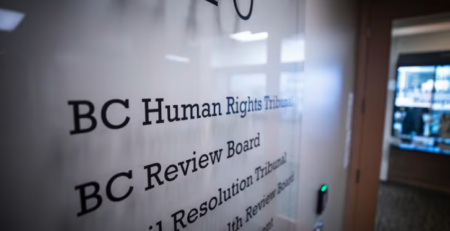
Western Standard: How Canada’s ‘Human Rights’ tribunals became political weapons — $750,000 fine for hurt ‘feelings’ over trans comments
Last week, BC’s “Human Rights” Tribunal ordered former Chilliwack School Board Trustee Barry Neufeld to pay $750,000 to...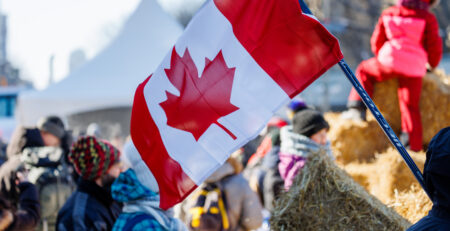
Court motion seeks stay of Freedom Convoy class action over undisclosed partial settlement agreement
OTTAWA, ON: The Justice Centre for Constitutional Freedoms announces that lawyers have filed a motion for a permanent...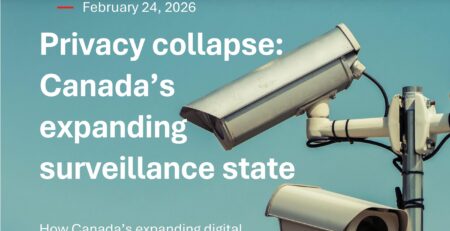
New report warns government gaining unprecedented access to Canadians’ digital identity
CALGARY, AB: The Justice Centre for Constitutional Freedoms announces the release of a new report titled Privacy collapse:...Ways to make a difference
You can make a secure and convenient online donation here. Simply choose how much you would like to give and how often.
Already have a Kindful account? Click here to login.
You can make a secure and convenient donation by sending an e-transfer to etransfer@jccf.ca. If you would like to receive a tax receipt for e-transfer donations of $50 or more, please include your legal name, mailing address, and email address in the e-transfer message.
Please call 403-475-3622 to make a secure credit card donation over the phone.
You can mail your cheque, made payable to “Justice Centre for Constitutional Freedoms,” to #253 7620 Elbow Drive SW, Calgary, Alberta, T2V 1K2.
Donating your securities to the Justice Centre may offer considerable tax benefits and is one of the most powerful ways to secure a future of freedom in Canada.
Donate to the Justice Centre
Help defend freedom in Canada with a donation to the Justice Centre.
Explore Related News
